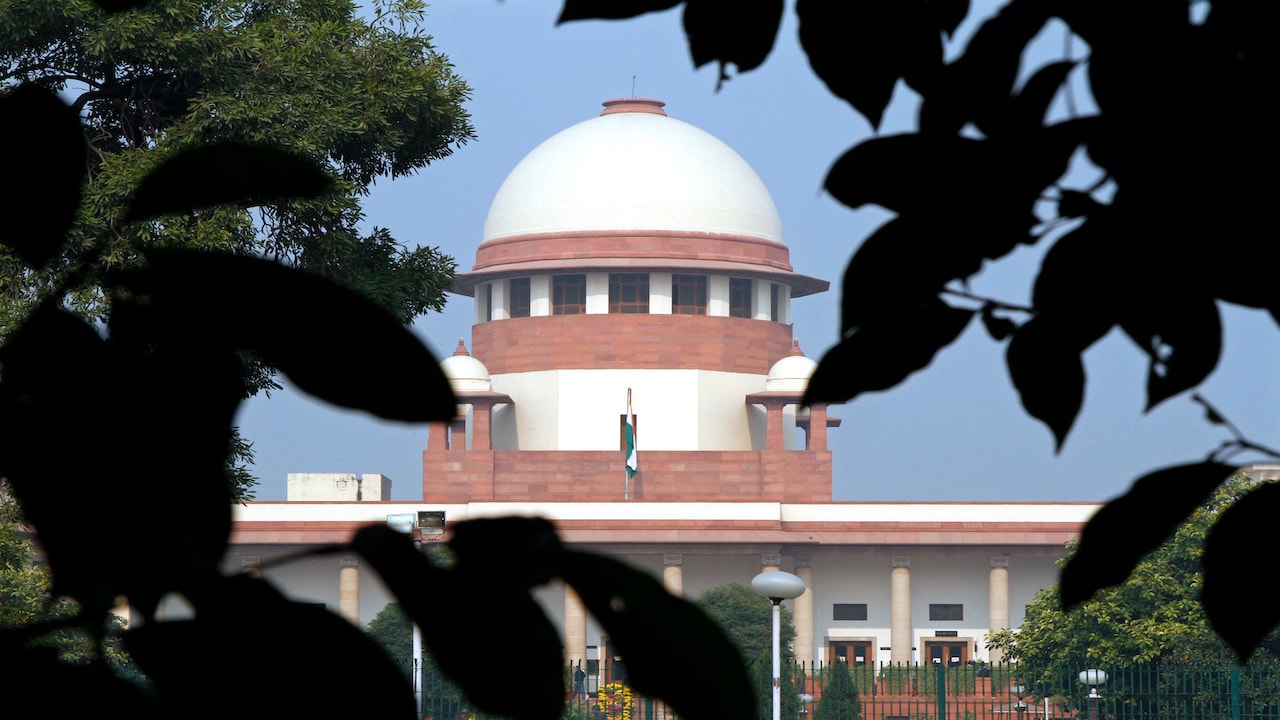[ad_1]

| Company | Value | Change | %Change |
|---|
The B&B report cited the Court as stating, “Under Bye-law 248(a) (BSE), the arbitral tribunal could have exercised jurisdiction over respondent no. 1 (husband) on the basis of an oral contract that he would be jointly and severally liable for the transactions undertaken in respondent no. 2’s (wife) account.” This ruling follows a dispute where a stockbroker sought recovery of a significant debit balance in the wife’s trading account.
The wife and husband had separate trading accounts with the appellant stockbroker, who claimed they had agreed to operate the accounts jointly. After transferring funds from the husband’s account to offset the wife’s losses, the debit balance grew significantly due to a market crash. The stockbroker sought recovery through arbitration, holding both parties liable for the debts.
While the husband contested the claim, arguing that the arbitration was wrongly initiated against him, the arbitral tribunal ruled in favor of the broker, holding both respondents jointly and severally liable. The tribunal found the husband’s involvement in the transactions sufficient to establish shared liability.
The Supreme Court upheld the arbitral decision, dismissing the husband’s claims and reinforcing the tribunal’s jurisdiction over him. The Court’s ruling further affirmed the arbitral award, with the husband ordered to repay the debt of ₹1,18,48,069/- along with 9% annual interest.
(Edited by : Ajay Vaishnav)
[ad_2]
Source link










